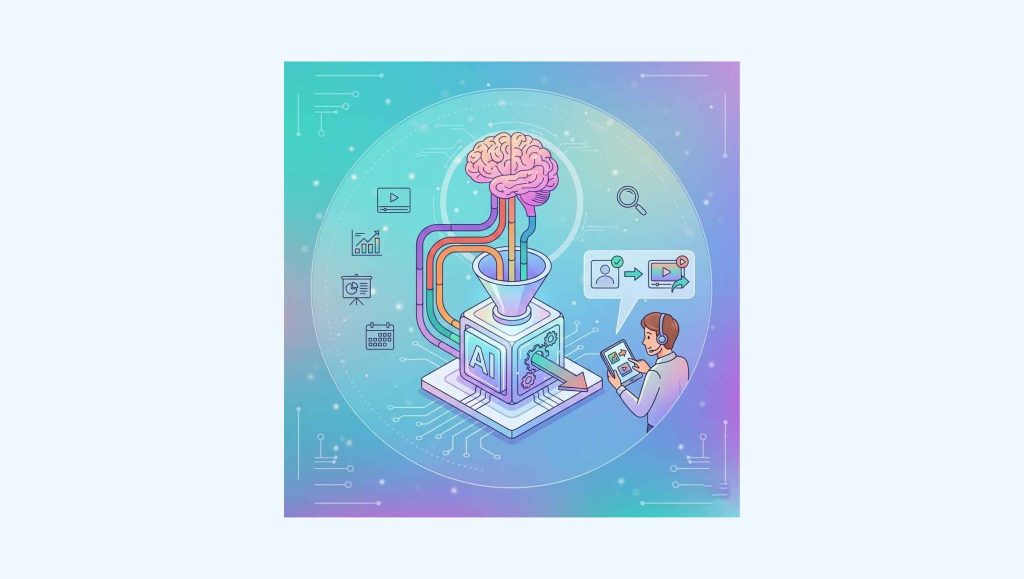Takes Advantage of Sensors Found Exclusively in HP’s New Reverb G2 Omnicept to Analyze a User’s Experience, Works with Unreal Engine; Now Available in Early Access
Today, visualization firm and software developer, Theia Interactive, launches Claria, a set of biometric tracking tools capable of analyzing and reporting a person’s physical reactions while in VR. Built exclusively for HP’s Reverb G2 Omnicept Edition headset, Claria tracks six key physical responses to help designers, marketers, researchers and creators understand exactly how a person feels about a given product or experience.
Read More: SalesTechStar Interview With Melanie Fellay, CEO And Co-Founder At Spekit
Claria draws on biosensors within the Reverb G2 Omnicept Edition headset to track heart rate, heart rate variability, cognitive load, eye vector, pupillometry and saccade. While other biometric tools can track one or two of these metrics, Claria offers a comprehensive look at a person’s physical responses, then creates easy-to-understand datasets that can help users reach their goals. Product designers can determine what element is or isn’t intuitive in their product, while a marketer can understand what attracts attention within a publicity campaign. Psychologists can pinpoint the exact onset of stress in a given situation, and that’s just the start. Decisions that once relied on subjective interpretation can now be made using empirical data.
“Claria takes the guesswork out of designing products and campaigns,” said Bill Fishkin, co-founder and CEO of Theia Interactive. “We can put someone in VR and know exactly what about the experience we build attracts them, excites them, even overwhelms them, to arrive at better designs through more informed decisions.”
Read More: Continued Momentum Of GuideCX And Onboarding Implementation Platforms Drives Creation Of New G2…
The biometric results recorded by Claria can be played back, or viewed as heat maps and graphs, to help users better understand the information. Claria is also designed to work within Unreal Engine and has multi-user capabilities that can bring different parties together inside a project. Users and creators can connect from anywhere in the world, using voice chat and built-in VR tools to make changes to their work in real-time, based on the reactions observed.
“Knowing a person’s true, unfiltered reaction means that anyone designing products or trying to attract people has a significant advantage over those relying on traditional methods,” said Jay Fraser, senior manager, XR GTM & developer relations at HP. “The HP Reverb G2 Omnicept Solution has the tools to collect and interpret that data, and Claria makes it easy for anyone to easily leverage the power of this cutting-edge technology.”





















